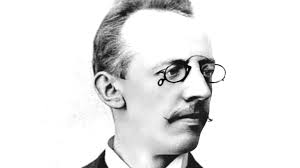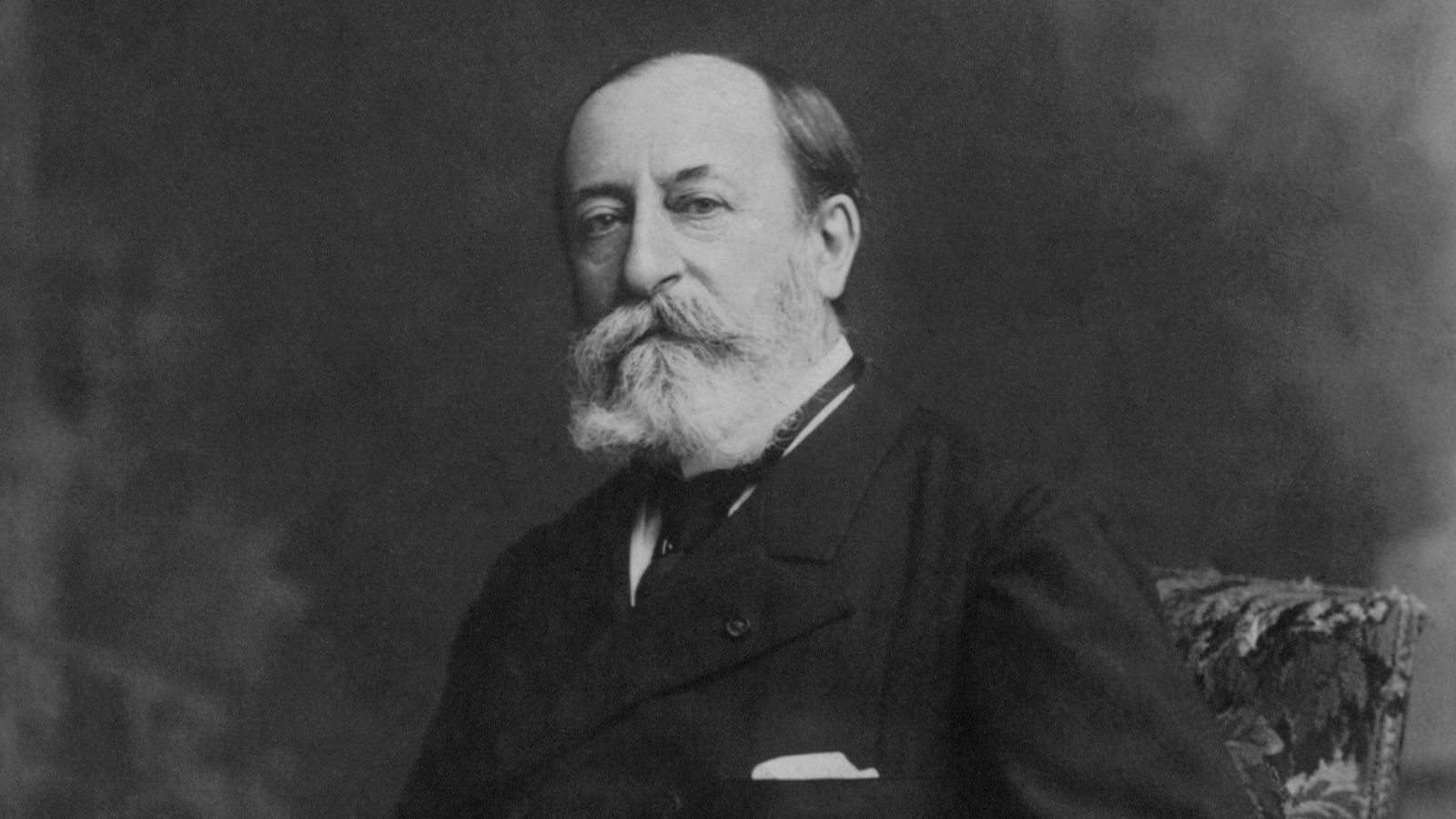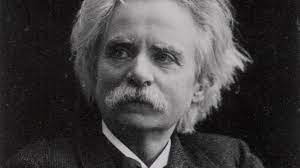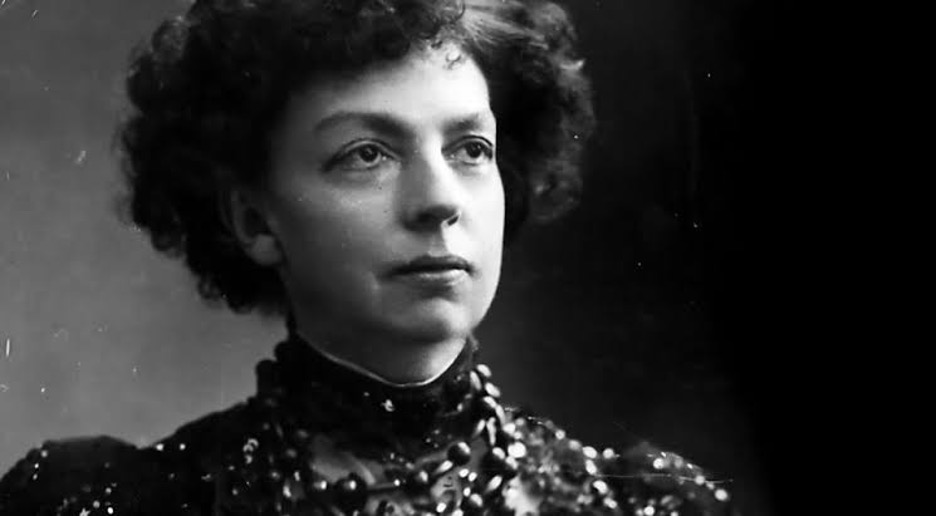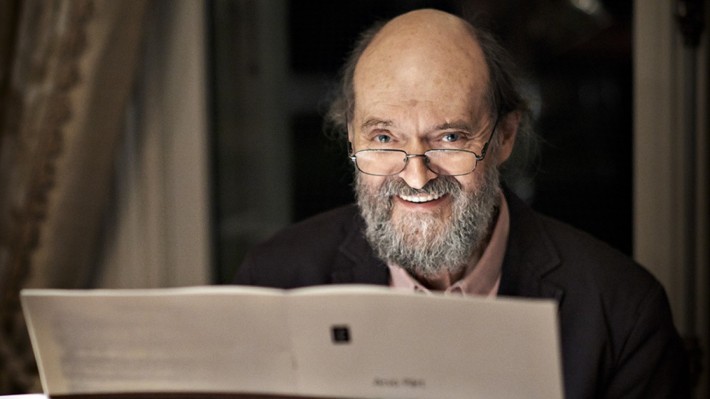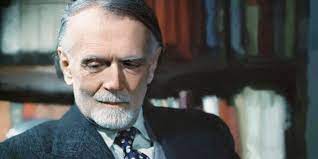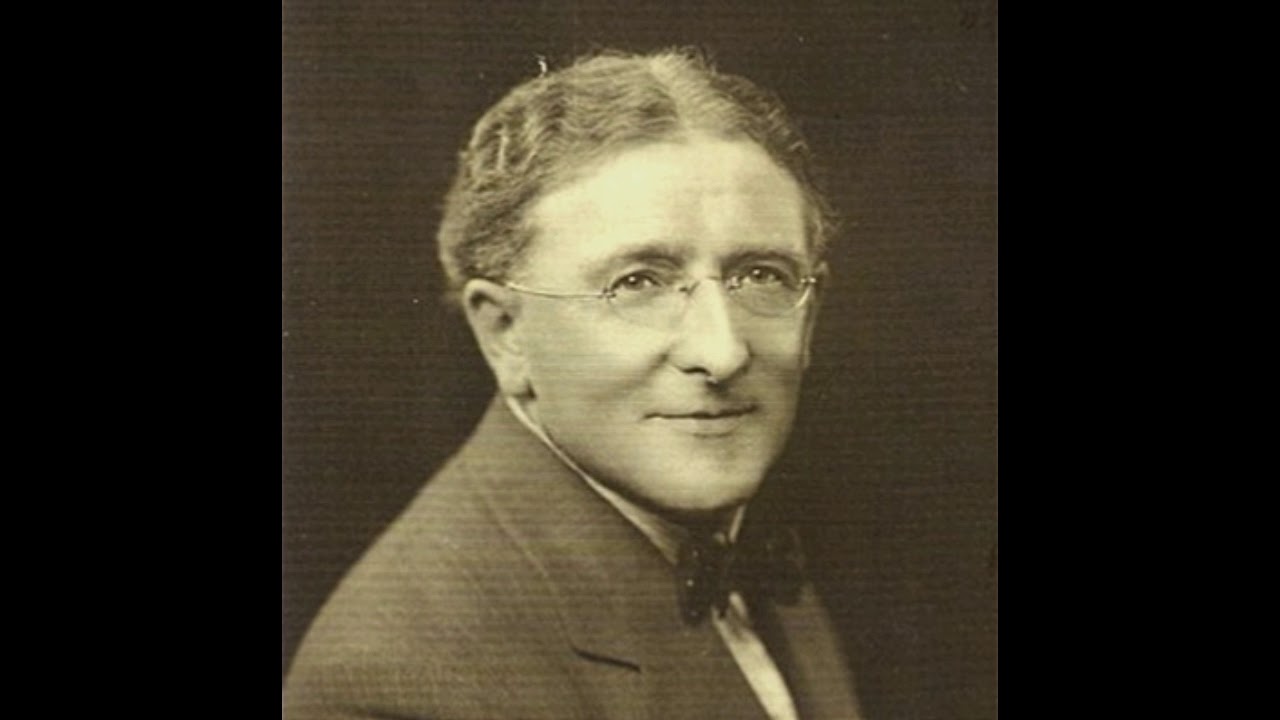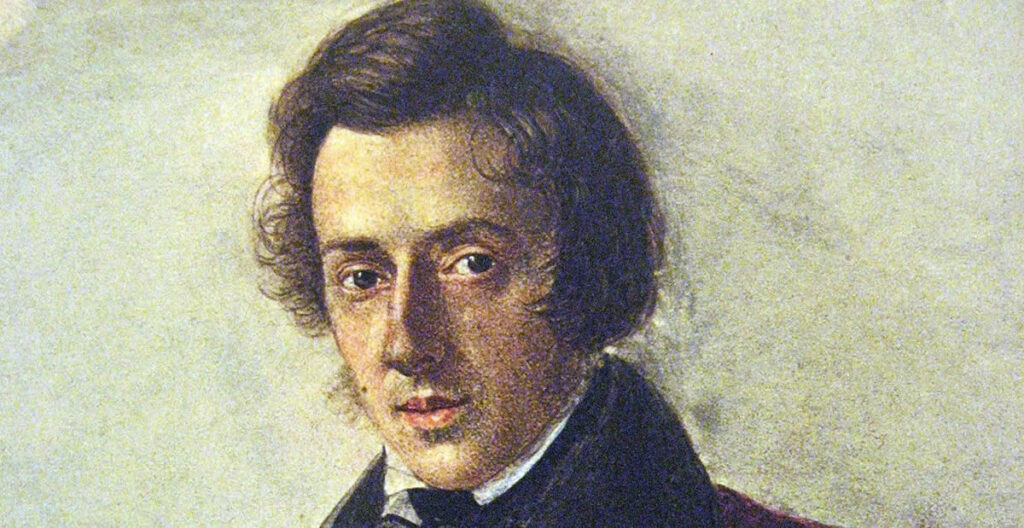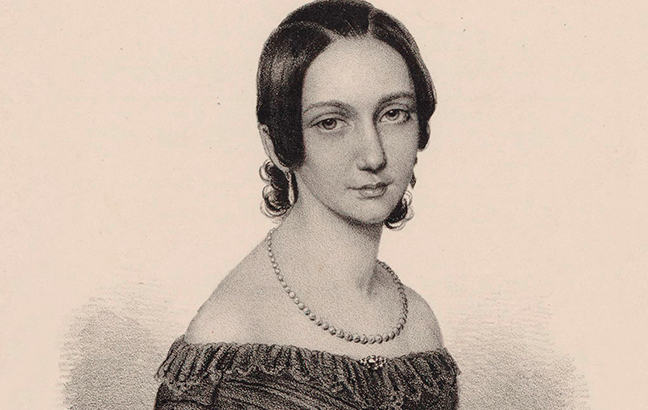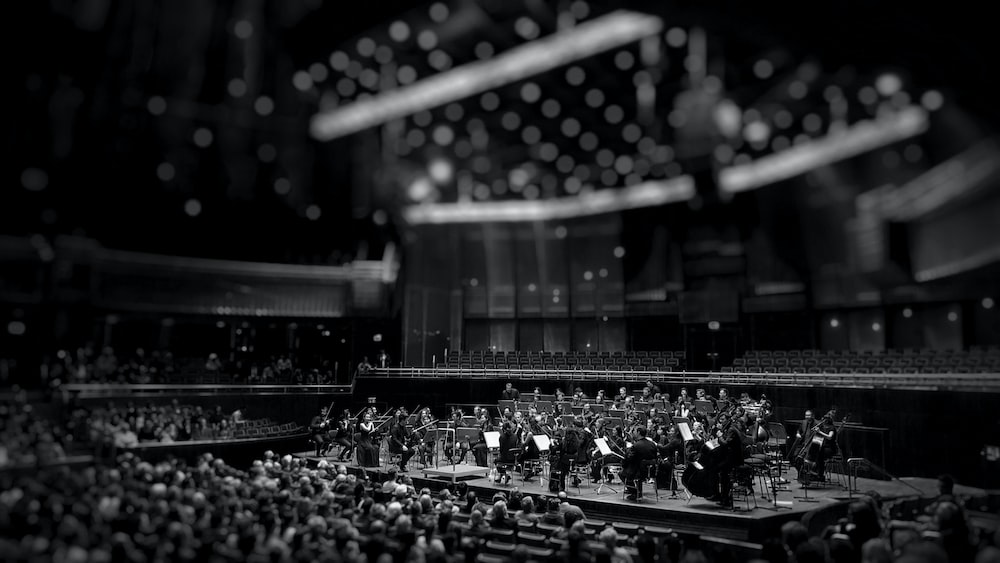Vítězslav Novák stands as one of the most significant figures in Czech music, his compositions embodying the rich tapestry of his homeland's cultural and musical heritage. Born on December 5, 1870, in Kamenice nad Lipou, Novák's life unfolded against the backdrop of the late 19th and early 20th centuries, marked by political upheavals, artistic revolutions, and a relentless pursuit of musical innovation.
Novák's musical journey began at an early age, displaying a remarkable talent for the piano and composition. His early education at the Prague Conservatory laid the foundation for his future endeavors, where he studied under the tutelage of esteemed composers such as Antonín Dvořák and Josef Suk. Under their guidance, Novák honed his skills and developed a deep appreciation for the folk music traditions of his homeland, which would later influence his compositional style.
1 - Musical Prodigy: Born on October 9, 1835, in Paris, France, Camille Saint-Saëns displayed remarkable musical talent from an early age. He started playing the piano at the age of two and composed his first piece at just three years old.
2 - Prolific Composer: Saint-Saëns was an incredibly prolific composer, leaving behind a vast body of work across various genres. His compositions include symphonies, operas, concertos, chamber music, and works for solo piano and organ.
Edvard Hagerup Grieg, born on June 15, 1843, in Bergen, Norway, emerged as one of the most significant composers of the Romantic era. His compositions, deeply rooted in Norwegian folk traditions, captured the essence of his homeland's rugged landscapes and folklore, earning him international acclaim.
Grieg's musical journey began at a young age. Encouraged by his musical family, he received piano lessons from his mother and later studied at the Leipzig Conservatory, where he immersed himself in the works of prominent composers such as Bach, Mozart, and Schumann. Despite the rigorous academic environment, Grieg remained steadfast in his commitment to infuse his compositions with the distinct character of Norwegian music.
Cécile Louise Stéphanie Chaminade was a prominent French composer and pianist born on August 8, 1857, in Paris, France. She displayed exceptional musical talent from a young age, and her family recognized her potential early on. At the age of eight, Chaminade began her formal musical education at the Paris Conservatoire, where she studied piano with Félix Le Couppey and composition with Benjamin Godard.
Chaminade's talent quickly gained recognition, and by her teenage years, she was already performing her compositions in public. Her early works, including piano pieces and songs, showcased her remarkable melodic gift and garnered widespread acclaim. In 1877, at the age of twenty, she made her debut as a composer with the performance of her Trio in A minor at the Société Nationale de Musique.
Arvo Pärt, born on September 11, 1935, in Paide, Estonia, is renowned as one of the most significant composers of the late 20th and early 21st centuries. His musical journey is a fascinating exploration of faith, minimalism, and the power of simplicity.
Pärt's early years were marked by a deep immersion in music. He began studying composition at the Tallinn Music Secondary School and later at the Tallinn Conservatory, where he was exposed to a wide range of musical styles, from Gregorian chant to modernist experimentation. However, it was his encounter with the music of Johann Sebastian Bach and the Russian Orthodox Church that would profoundly shape his artistic vision.
Zoltán Kodály (1882–1967) stands as one of Hungary's most revered and influential composers, ethnomusicologists, and music educators of the 20th century. Born on December 16, 1882, in Kecskemét, Hungary, Kodály's life and work were deeply intertwined with his passion for Hungarian folk music and his dedication to music education.
Kodály's early exposure to music came from his family, particularly his mother, who played the piano and sang. He began his formal music education at the Budapest Academy of Music in 1900, studying composition with Hans Koessler. Kodály's interest in ethnomusicology was sparked during his travels through rural Hungary, where he collected and transcribed folk songs. This experience laid the foundation for his lifelong commitment to integrating folk music into classical compositions.
Albert William Ketèlbey (1875-1959) was a British composer and conductor whose prolific output of light orchestral music left an indelible mark on the musical landscape of the early 20th century. Born on August 9, 1875, in Birmingham, England, Ketèlbey displayed an early aptitude for music, mastering the piano and organ at a young age.
Ketèlbey's formal musical education began at Trinity College of Music in London, where he studied composition and conducting. His talent quickly garnered attention, and by the age of 23, he was appointed the conductor of the 80-member-strong Westminster Symphony Orchestra. This marked the beginning of his successful career as both a composer and conductor.
Frederic Chopin, a composer and pianist of unparalleled genius, left an indelible mark on the world of music during his short but brilliant life. Born in 1810 in Zelazowa Wola, Poland, and passing away in 1849 in Paris, France, Chopin's legacy endures as one of the most influential figures in the history of classical music. His life and work are a testament to the enduring power of art to transcend time and space, and this biography seeks to explore the life, struggles, and immense contributions of this musical genius.
Clara Schumann, born Clara Josephine Wieck on September 13, 1819, in Leipzig, Germany, was a remarkable pianist and composer who left an indelible mark on the world of classical music during the 19th century. Her life was a testament to talent, perseverance, and resilience, as she navigated the complexities of being a female musician in a male-dominated field.
Clara was a prodigy from an early age. Her father, Friedrich Wieck, was a well-known piano teacher, and he recognized her exceptional musical abilities from the start. Under her father's rigorous tutelage, Clara began performing in public when she was just nine years old. Her stunning virtuosity and deep emotional connection to the music she played captivated audiences throughout Europe.
Classical music has transcended time and culture, captivating audiences for centuries with its depth, emotion, and complexity. From the serene elegance of Mozart to the thundering power of Beethoven, the world of classical music is a treasure trove of remarkable compositions. This list celebrates the 100 best classical songs of all time, encompassing a range of genres, eras, and composers. Whether you're a seasoned classical music enthusiast or a newcomer to this art form, these masterpieces are bound to leave an indelible mark on your soul. As we reach the end of this list, we stand in awe of the immense beauty and depth of classical music. These 100 best classical songs serve as a testament to the enduring legacy of the composers and their works, resonating with generations past, present, and future. Whether you're seeking solace, inspiration, or sheer musical brilliance, the world of classical music offers an inexhaustible well of masterpieces waiting to be explored.
